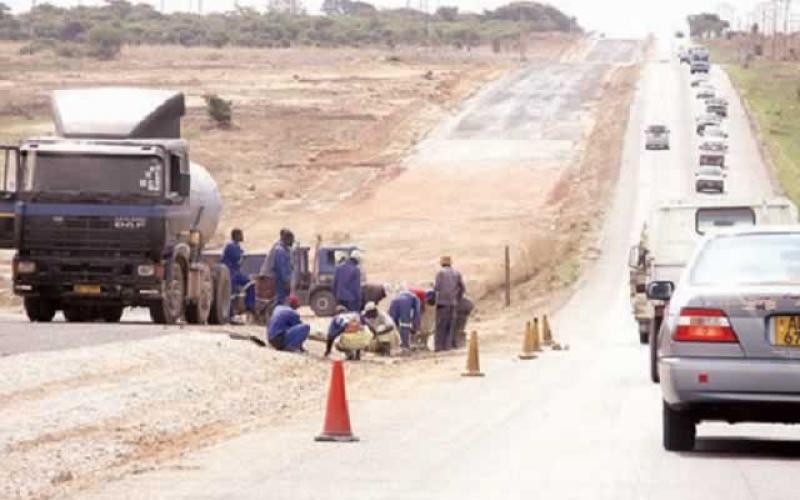
By Kunle Abikoye
The Federal Republic of Germany, through its Ministry of Foreign Affairs is providing funding support for two workshops on Climate Risk Insurance and Environmental and Social Impact Assessment.
This is to ensure the transition to a green economy in Nigeria, to be facilitated by a non-governmental organisation, Community Conservation and Development Initiatives (CCDI), in Lagos, according to a release issued by Mrs. Kofo Adeleke of CCDI.
In 2015 CCDI organised a project under the Environmental Governance Programme of the Heinrich Böll Foundation Nigeria, tagged Finance for Climate Resilience. The project was to generate knowledge on suitable financial tools to be used by the insurance and finance industry to ensure environmentally responsible investments by the private sector and to disseminate information to targeted stakeholders.
The aims and objectives included finding out how far banks and insurance companies can include into their corporate strategies environmental sustainability commitments, responsibilities and initiatives that can contribute to climate resilience.
A research analysis of sustainability initiatives available to guide the Nigerian financial sector was undertaken along with other activities with the insurance and banking sector. The study was not able to identify any green insurance products being offered by Nigerian companies. Sub-Saharan Africa has a small share of the global insurance market but huge potentials and wide ranging opportunities for positive impacts exist.
The Bali Action Plan, which was agreed by Parties to the UNFCCC in Bali, Indonesia, 2007 as the basis for developing a new international agreement on climate change, states that adaptation requires consideration of “risk management and risk reduction strategies, including risk sharing and transfer mechanisms such as insurance”, as well as “disaster reduction strategies”.
At a workshop on Climate Risk Insurance, held recently in Ikoyi, Lagos, the German Consul-General in Lagos, HE Ingo Herbert, cited the good relations between Nigeria and Germany, and the willingness of his government to facilitate knowledge sharing in the area of climate change and ancillary sustainable development.
In Nigeria, the development of agriculture, forestry and fisheries sits within a system affected both by climate and the political economy, mostly because the farming system is rain-fed. A priority could be finding ways to develop climate information to improve farming practices. Nigeria can build up its resilience from early warning systems, but equally through development of better crop varieties adaptable to extreme climate variability.
The second workshop supported by the German Ministry of Foreign Affairs was on Environmental and Social Impact Assessment (ESIA) in Nigeria. Since becoming a sovereign nation in 1960, Nigeria has acceded to a series of multilateral environmental agreements, with little local commitment to translating conference paper-work and signatures into practicalities on the ground at home.
According to the FAO, Nigeria had the highest rate of deforestation in the world in 2005. The country is presently among the lowest power generation countries in the world, and surprisingly far lower than many African countries, despite a status as one of the world’s largest oil producers.
President Buhari’s signing of the Paris Agreement recently, on 22nd September, 2016, and his declaration that the impacts of climate change would be reversed in Nigeria suggest that the nation’s economic growth must henceforth be driven by a suite of policies and governance mechanisms targeted at reducing carbon and ecological footprints.


